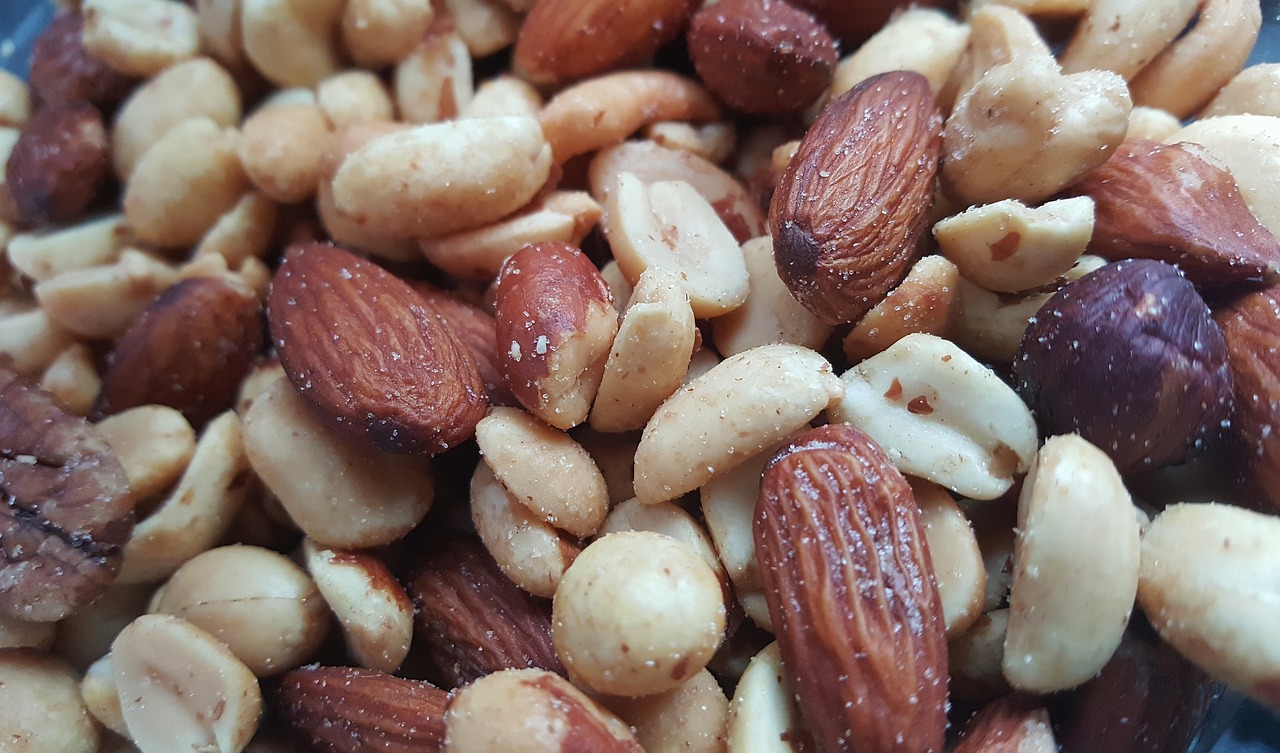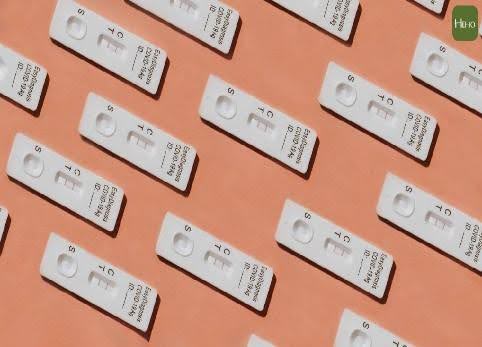Many people have insomnia, and it's commonly thought that stress and emotions have a role in the condition. But as the Food and Drug Administration, MOHW, recently stated on Facebook (藥博士 正藥說), sleep problems can occur when the body is deficient in calcium or magnesium ions.

The FDA suggests consuming more nuts and green veggies as lack of magnesium or calcium affect the quality of sleep.Photo reproduced from freepik
Not only are calcium ions essential for keeping teeth and bones strong, but they also have a significant effect on sleep. The Food and Drug Administration states that tryptophan can be synthesized with the aid of calcium ions, and that tryptophan may then be transformed into the neurotransmitters melatonin and serotonin, which can promote sleep.
Regarding magnesium ions, they have the ability to relax muscles and neurons. According to the Food and Drug Administration, taking magnesium ions in moderation can aid those who suffer from anxiety and stress-related sleeplessness in falling asleep. Additionally, people can consume more dairy products, nuts that contain magnesium ions, and green vegetables.
While calcium and magnesium ions both aid in sleep, the Food and Drug Administration continues to warn that taking these elements in excess can put more strain on the kidneys, raise the risk of kidney stones, and even result in symptoms such as indigestion and gastrointestinal discomfort. As a result, the Health Promotion Administration advises individuals to consume around 1,000 mg of calcium and 300 mg of magnesium per day.






.png)
